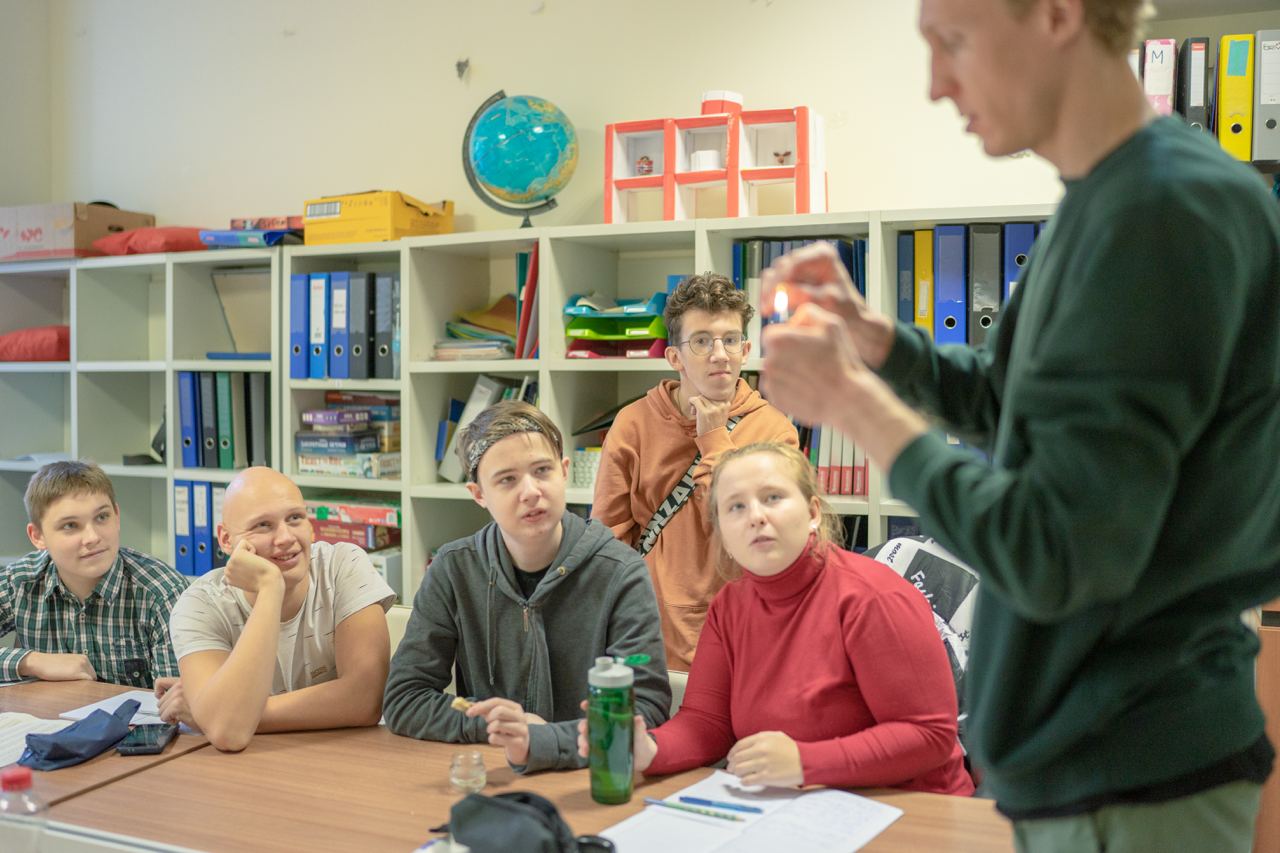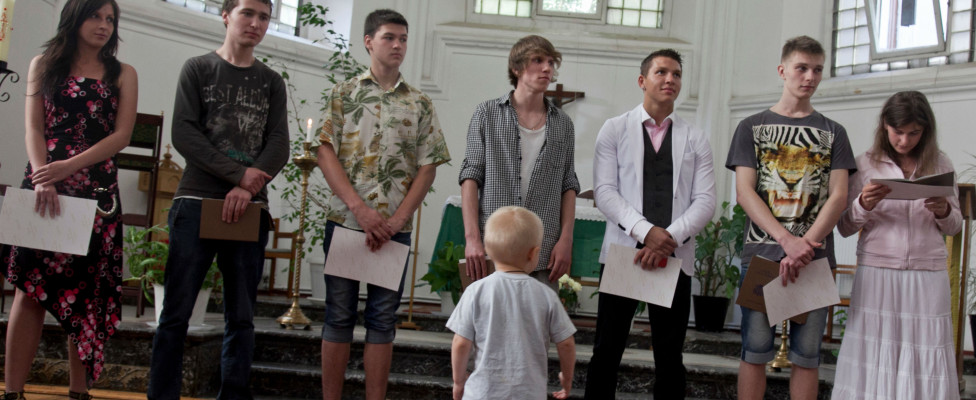
Residents and graduates of correctional orphanages (over 70 students).
Most of our students grew up in correctional orphanages: places where children with developmental delays (or often simply those suffering from pedagogical neglect) end up. They study at intermediate schools and, after nine years of schooling, are educated to the equivalent of Year 5 at a comprehensive school. Only three colleges in Moscow accept students with such a level of education. This means that our students have neither any choice (they are sent where there is space), nor the chance to develop their capabilities. The absence of interest in studying, or their future profession, saps their motivation. They lose faith in the possibility of a ‘normal’ life, which leads to anti-social behaviour and aggression.
Aged 18, these young adults leave their orphanages and are confronted by a host of problems. Orphanage and residential institution graduates are almost entirely unprepared for real life and, over time, these problems become more and more engrained. Orphanage graduates end up without support and with no idea of whom they can trust, or count on.
For such students we run lessons following a varied comprehensive school programme. We also help them prepare for certificates of basic and general secondary education, enter colleges and universities, chose a profession, and find work.

Residents of psychoneurological institutions (30 students).
Children with severe medical diagnoses are placed in psychoneurological orphanages. Some of them complete education up to Year 8 level at a school for children with severe learning disabilities. Others receive no education at all. For them ever to be allocated housing and have the chance of living independently and beginning a family, they must be passed by a commission and have their diagnosis removed. If they do not manage this, they will remain in an institution until the end of their lives.
Our experience with residents of psychoneurological orphanages shows that a considerable number residents have ended up there because of hyperactivity and other medical or behavioural reasons not linked with their ability to study. For them, even such rudimentary education as that given at primary schools opens up fantastic prospects. Specifically, the chance to have their diagnosis removed, which means that they can be allocated housing on the city budget and live independently. Even for those who cannot have their diagnosis removed, education (being able to read, write letters, count change in a shop, orient themselves in the metro and on the street, communicate with friends and strangers) offers the possibility of living a more ‘normal’ life and of finding work outside the walls of the institution.
In the fourteen years our Centre has been working, one resident of a psychoneurological institution has not only finished school but also entered university and 16 people have passed by a commission, had their diagnosis removed, and begun to live independently.






